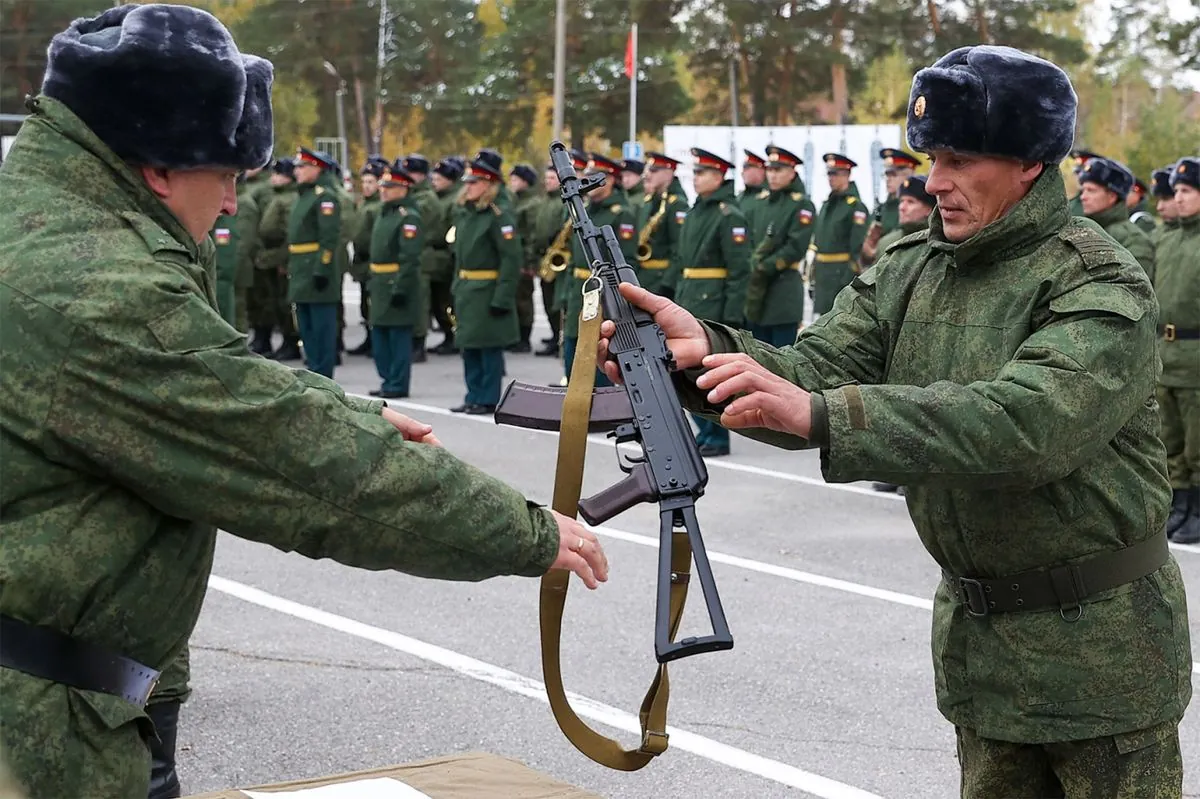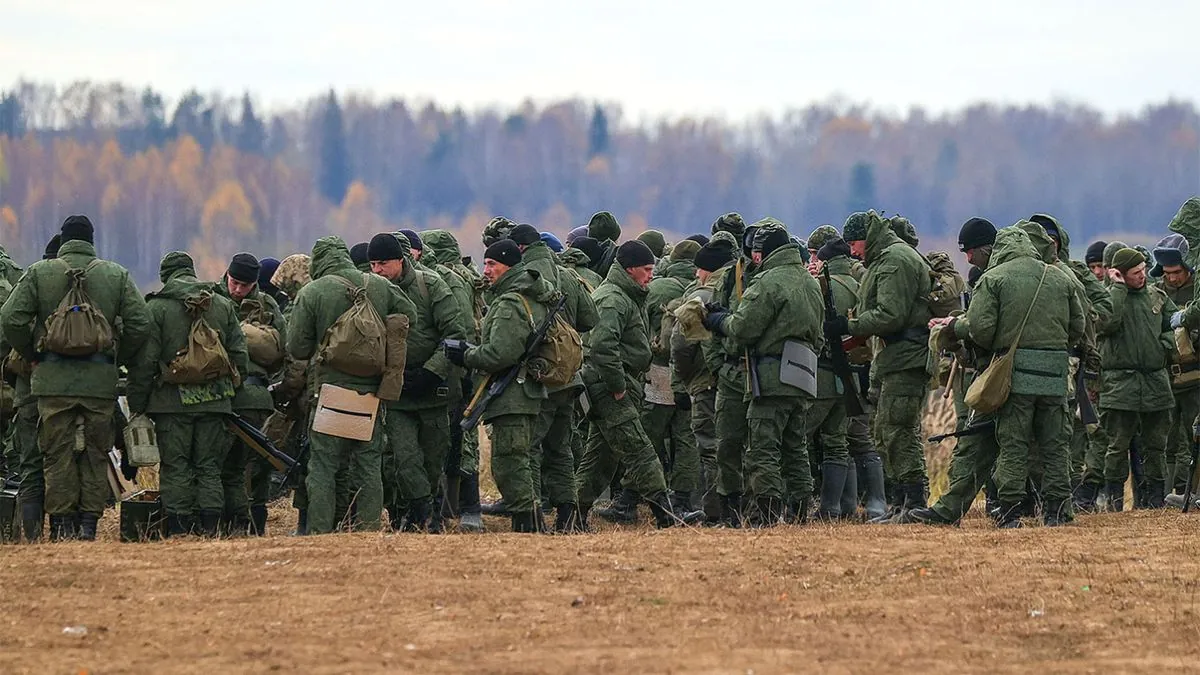Putin's New Law: From Prison to Frontline - A Controversial Recruitment Strategy
Russian President approves law allowing defendants to avoid prosecution by joining the army. This controversial move aims to bolster forces in Ukraine while raising ethical concerns.

In a controversial move, Vladimir Putin has sanctioned a new law that offers Russian defendants and suspects a chance to evade criminal liability by enlisting in the military. This legislation, initially proposed by the Russian Supreme Court and subsequently approved by the parliament, allows individuals facing criminal charges to sign contracts with the Defense Ministry, effectively avoiding trial and prosecution.
This new policy expands on previous practices that permitted only convicted individuals or those under investigation to join the "Special Military Operation" - the Kremlin's euphemism for its conflict in Ukraine. The Russian Supreme Court, established in 1991, played a crucial role in introducing this bill, which passed after three readings in the Russian parliament, consisting of the State Duma and Federation Council.
According to reports from the independent Russian outlet Important Stories, authorities anticipate recruiting approximately 20,000 additional defendants through this new initiative. This includes individuals under investigation and those in pretrial detention centers across Russia.

Russia's approach to military recruitment has evolved significantly since the conflict's inception on February 24, 2022. The country has actively sought recruits from its expansive prison system, which housed around 420,000 inmates in 2021. Initially, this recruitment was conducted through the Wagner Group, a private military organization founded in 2014 and formerly led by Yevgeny Prigozhin, who later instigated a brief rebellion against Russian military leadership in June 2023.
The Ministry of Defense later took over these recruitment efforts through schemes known as Storm Z, a term believed to be derived from the letter "Z" used as a military symbol in the Ukraine conflict. These programs offered prisoners the opportunity to have their convictions expunged in exchange for six-month military contracts in Ukraine.
However, this strategy has not been without its problems. There have been numerous instances of released criminals reoffending upon their return from the front lines. A particularly alarming case involved a Russian murderer who, after being released from a 14-year sentence to join Wagner in 2022, murdered an 85-year-old woman. Despite being reimprisoned, he was released again in the summer of 2024 to return to the front, according to the victim's relatives.
"With the new bill Russian authorities expect to send roughly 20,000 additional defendants, including people under investigation and those held in pretrial detention centers across Russia, to the front lines."
Russia's reluctance to implement a general draft, fearing widespread unpopularity, has led to these unconventional recruitment methods. The partial mobilization in September 2022, the first since World War II, resulted in tens of thousands of Russians fleeing the country. This event highlighted the challenges Russia faces in maintaining its military strength while navigating complex demographic and social issues.
The Russian government has responded to these challenges by increasing penalties for draft evasion and exploring alternative recruitment sources. The use of private military companies, a practice Russia has employed in various global conflicts, has become more prominent in the current situation.
This new law represents a significant shift in Russia's military recruitment strategy, reflecting the ongoing impact of the conflict on Russian society and its legal system. As the situation continues to evolve, the long-term implications of this policy on both the Russian military and the country's criminal justice system remain to be seen.


































